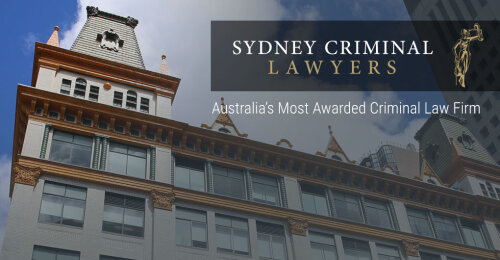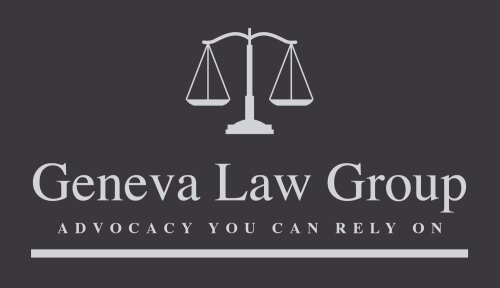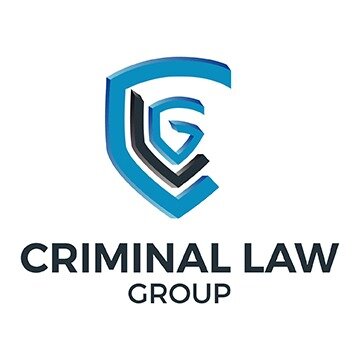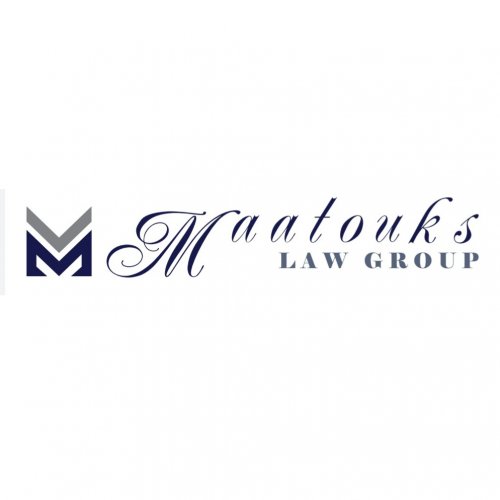Best White Collar Crime Lawyers in Sydney
Share your needs with us, get contacted by law firms.
Free. Takes 2 min.
List of the best lawyers in Sydney, Australia
About White Collar Crime Law in Sydney, Australia
White Collar Crime in Sydney, Australia encompasses a range of non-violent crimes committed for financial gain within business contexts. These crimes typically involve deceit, concealment, or violation of trust and include activities such as fraud, insider trading, embezzlement, and money laundering. As Sydney is a major financial hub, white collar crime is a significant concern, prompting stringent regulations and enforcement by authorities to protect economic integrity.
Why You May Need a Lawyer
Individuals and businesses may require legal assistance when facing accusations or investigations related to white collar crime. Common situations include being charged with offenses like fraud or embezzlement, being investigated by corporate regulators, or needing to address compliance issues to mitigate the risk of criminal charges. A lawyer specializing in white collar crime can provide essential guidance through complex legal processes and help protect your rights.
Local Laws Overview
Sydney, being part of New South Wales, is subject to both federal and state laws governing white collar crime. This includes the Corporations Act 2001, which deals with matters like insider trading and directors' duties, and the Crimes Act 1900, addressing areas such as fraud and embezzlement. Enforcement is carried out by bodies such as the Australian Securities and Investments Commission (ASIC) and the Australian Federal Police (AFP). Understanding these laws is crucial for anyone involved in or affected by corporate crime activities.
Frequently Asked Questions
What constitutes white collar crime?
White collar crime typically includes offenses such as fraud, bribery, insider trading, embezzlement, tax evasion, and money laundering.
What penalties can result from a white collar crime conviction?
Penalties vary depending on the offense but can include fines, imprisonment, and disqualification from directing companies.
How do investigations in white collar crimes typically occur?
Investigations often involve detailed audits, analysis of financial records, and cooperation with enforcement agencies like ASIC and the AFP.
Can an individual be charged for a white collar crime conducted abroad?
Yes, if the crime impacts Australian citizens or businesses, Australian authorities can pursue legal action, sometimes with assistance from international counterparts.
What should I do if I suspect I'm under investigation?
Seek legal advice immediately to understand your rights and receive guidance on how to proceed without compromising your position.
Are there defenses available against white collar crime charges?
Common defenses include lack of intent, mistake of fact, and, in some cases, proving entrapment or duress.
Do white collar crimes always involve large sums of money?
Not necessarily. While many involve significant financial transactions, some can relate to smaller-scale fraud or deceitful practices.
How can businesses protect themselves from being accused of white collar crimes?
Implement robust compliance programs, conduct regular audits, and ensure employees receive comprehensive training on legal obligations.
Is insurance available for white collar crime-related losses?
Yes, companies can obtain insurance to cover losses from certain types of white collar crimes, like employee theft or fraud.
Can white collar crime convictions affect future employment?
Yes, convictions can impact future job prospects, especially in sectors requiring fiduciary responsibilities or financial dealings.
Additional Resources
Several resources and organizations can provide valuable support and information regarding white collar crime in Sydney:
- Australian Securities and Investments Commission (ASIC): Oversees corporate regulation
- Australian Federal Police (AFP): Investigates significant fraud and financial crimes
- Legal Aid New South Wales: Offers legal assistance for eligible individuals
- Australian Financial Complaints Authority (AFCA): Handles financial disputes between consumers and firms
- NSW Law Society: Can help locate experienced white collar crime lawyers
Next Steps
If you require legal assistance in matters of white collar crime, consider taking the following steps:
- Conduct detailed research to find a reputable lawyer specializing in white collar crimes in Sydney.
- Arrange a consultation to discuss your situation and understand your legal options.
- Gather all relevant documentation and information related to your case to provide to your lawyer.
- Work closely with your legal counsel to develop a strategy tailored to your needs.
Prompt and informed action can significantly influence the outcome of white collar crime matters, so it's crucial to seek expert advice as soon as possible.
Lawzana helps you find the best lawyers and law firms in Sydney through a curated and pre-screened list of qualified legal professionals. Our platform offers rankings and detailed profiles of attorneys and law firms, allowing you to compare based on practice areas, including White Collar Crime, experience, and client feedback.
Each profile includes a description of the firm's areas of practice, client reviews, team members and partners, year of establishment, spoken languages, office locations, contact information, social media presence, and any published articles or resources. Most firms on our platform speak English and are experienced in both local and international legal matters.
Get a quote from top-rated law firms in Sydney, Australia — quickly, securely, and without unnecessary hassle.
Disclaimer:
The information provided on this page is for general informational purposes only and does not constitute legal advice. While we strive to ensure the accuracy and relevance of the content, legal information may change over time, and interpretations of the law can vary. You should always consult with a qualified legal professional for advice specific to your situation.
We disclaim all liability for actions taken or not taken based on the content of this page. If you believe any information is incorrect or outdated, please contact us, and we will review and update it where appropriate.















